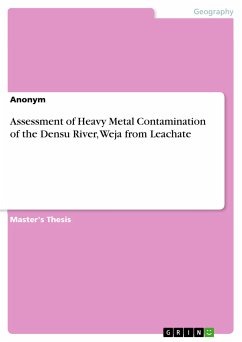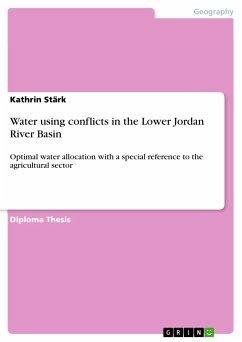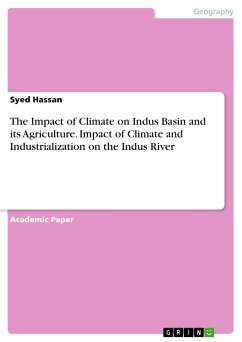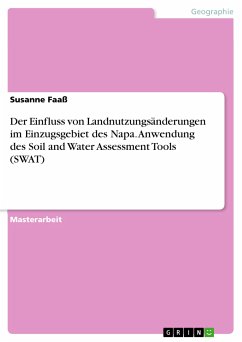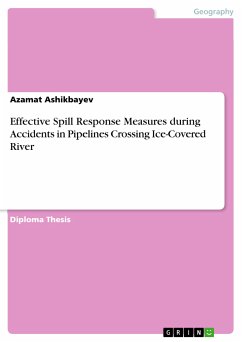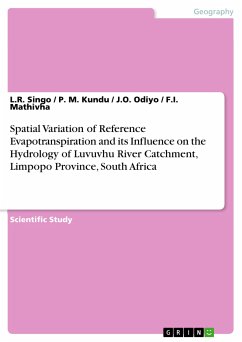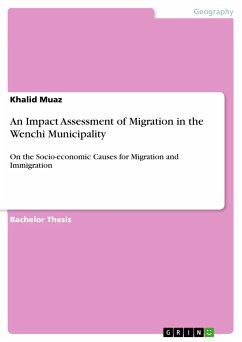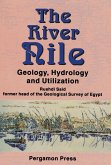Master's Thesis from the year 2012 in the subject Geography / Earth Science - Physical Geography, Geomorphology, Environmental Studies, , language: English, abstract: The effect of leachate seepage from a landfill site on the quality of an urban river, Densu, that is the one of the main sources of water abstracted for treatment for most residents in the Accra Metropolitan area was determined by measuring the levels of heavy metals (As, Pb, Hg, and Cd) in the seepage and in the river itself using Atomic Absorption Spectrometry methods. Heavy metal concentration upstream before leachate contamination was low and within WHO limits. The mean concentrations of arsenic, lead, mercury and cadmium were 0.026mg/l, 0.957mg/l, 0.025mg/l and 0.005mg/l, respectively in the leachate. Mean heavy metal concentration, two hundred metres downstream from the leachate discharge point (where water is drawn for domestic and drinking purpose) was 0.008mg/l for arsenic, 0.393mg/l for lead, 0.001mg/l for mercury while cadmium was not detected. Lead exceeded the WHO acceptable limit of 0.01mg/l for drinking water. Mean levels in the corresponding sediment samples were 0.015mg/kg for arsenic, <0.001mg/kg for lead, 0.004mg/kg for mercury and cadmium 0.151mg/kg. Contamination factors computed were less than one (CF<1) for arsenic and lead in the sediments which imply low contamination and moderate contamination for cadmium (1 = CF = 3). Seepage of leachate from the landfill site into Densu must be monitored to ensure the quality of River Densu especially when it is being used as a drinking water source by downstream communities.
Dieser Download kann aus rechtlichen Gründen nur mit Rechnungsadresse in A, B, BG, CY, CZ, D, DK, EW, E, FIN, F, GR, HR, H, IRL, I, LT, L, LR, M, NL, PL, P, R, S, SLO, SK ausgeliefert werden.

